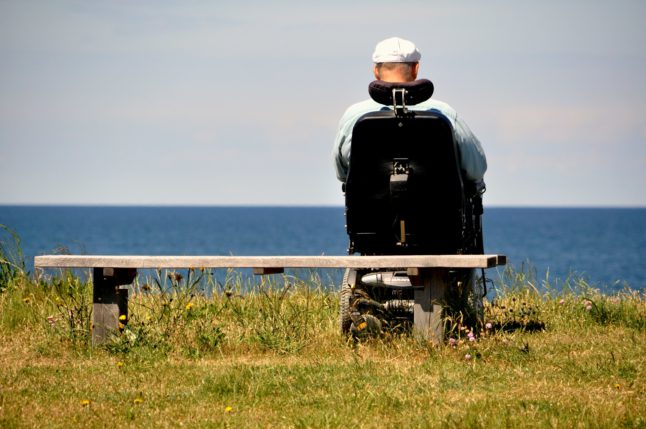Not only is it perfectly refreshing on a hot day but new research shows that it has cancer fighting qualities.
Researchers at the universities of Granada and Almeria have conducted research that appears to reveal that gazpacho can help fight cancer.
The results of a preclinical study shows that the exact blend of ingredients that go into gazpacho, the traditional Andalusian soup so popular in summer, can have a paralyzing effect on cancer cells.
READ MORE:
- Where to buy the best gazpacho, Spain's summer soup classic
- Recipe: How to make Spain's summer classic gazpacho
The research, which was conducted in the laboratory and has not been carried out on actual cancer sufferers, replicated the digestive process on gazpacho putting it in contact with tumour cells associated with colon cancer.
As well as the main ingredient of tomatos, gazpacho also contains onions, garlic. cucumber, peppers and of course, olive oil.
The study determined that the blend of ingredients used to make gazpacho could not only stop the growth of tumour cells but could actually kill them.
“Colon cancer cells (HT-29) were exposed to growing concentrations of gazpacho previously digested in vitro to simulate the delivery of bioactive molecules to colon cells after food consumption,” explained the study authors in a report published by Food Research International magazine.
The researchers concluded that “Cold tomato soup (gazpacho) digestates reduces colon cancer cells growth in vitro” .

Study author Pablo Campra explained that the study confirmed that the blend of ingredients had a stronger power against the cancer cells than on their own, and that the homemade variety using fresh ingredients was even more potent that shop-bought varieties.
“We have seen how the union of ingredients in gazpacho, increases the effects of all the individual properties, making their consumption more efficient at significantly lower amounts,” concluded Campra.



 Please whitelist us to continue reading.
Please whitelist us to continue reading.
Member comments